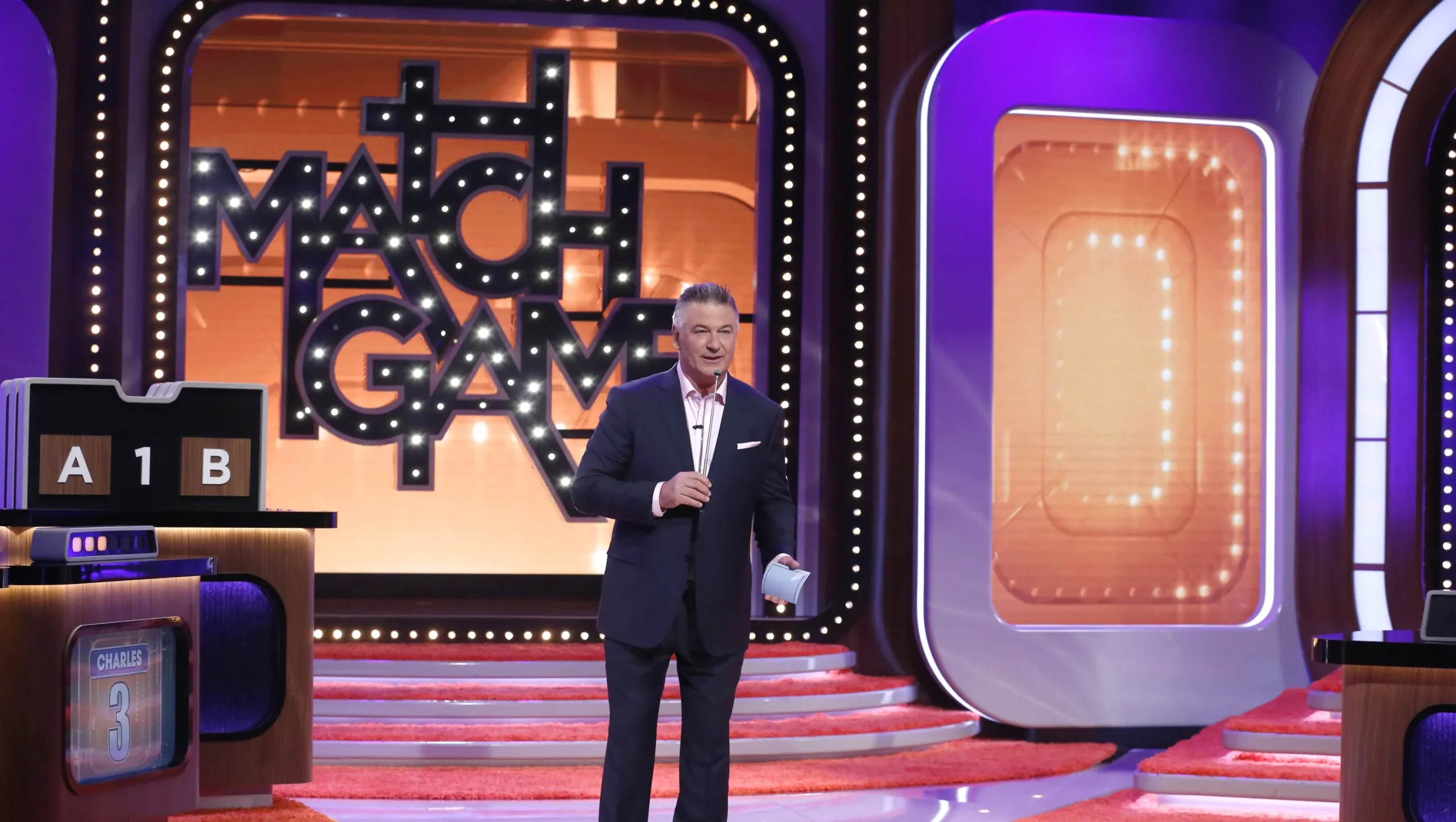preahvihearhotel.com – Television has been a source of entertainment for decades, with game shows being a staple genre that has captivated audiences across generations. Among the most beloved of these is “Match Game,” a show that, since its debut in 1962, has become a cultural icon, embodying the humor, wit, and social mores of its time.
The Origins of Match Game
“Match Game” was created by Gene Wood and originally hosted by Gene Rayburn. The show’s format was simple yet ingeniously designed to elicit laughter and surprise. Contestants were asked to match the answers of a panel of celebrities to fill-in-the-blank questions. The more closely a contestant’s answers matched those of the panel, the more points they earned, with the ultimate goal of winning cash and prizes.
The Evolution of Match Game
Over the years, “Match Game” has undergone several iterations, with the most famous version airing from 1973 to 1984. This version, known for its vibrant set and iconic stars like Charles Nelson Reilly, Brett Somers, and Fannie Flagg, became a staple of American television. The show’s success was not just in its format but in its ability to reflect the changing cultural landscape, making it both a mirror and a mouthpiece for the times.
The Humor and Wit of Match Game
What set “Match Game” apart from other game shows was its humor. The show was a breeding ground for double entendres, slapstick, and witty banter. The celebrities, often playing up their own personas, added a layer of entertainment that went beyond the game itself. The interactions between the host, contestants, and panelists were as much a draw as the competition, creating a unique blend of comedy and competition.
The Legacy of Match Game
“Match Game” has left an indelible mark on the world of television. Its influence can be seen in the countless game shows that have followed, each trying to capture the magic that “Match Game” so effortlessly exuded. The show has been revived several times, most recently in 2016, proving that its appeal is timeless.
Moreover, “Match Game” has become a part of pop culture, with references to the show and its stars appearing in various forms of media. It has been celebrated for its role in bringing families together, providing a source of laughter and entertainment during its original run and beyond.
Conclusion
“Match Game” is more than just a television show; it’s a piece of American history, a testament to the power of humor and wit, and a reminder of the joy that comes from simple, shared experiences. As we continue to look back on its legacy, it’s clear that “Match Game” will remain a beloved part of television history, a classic that continues to entertain and inspire new generations.
